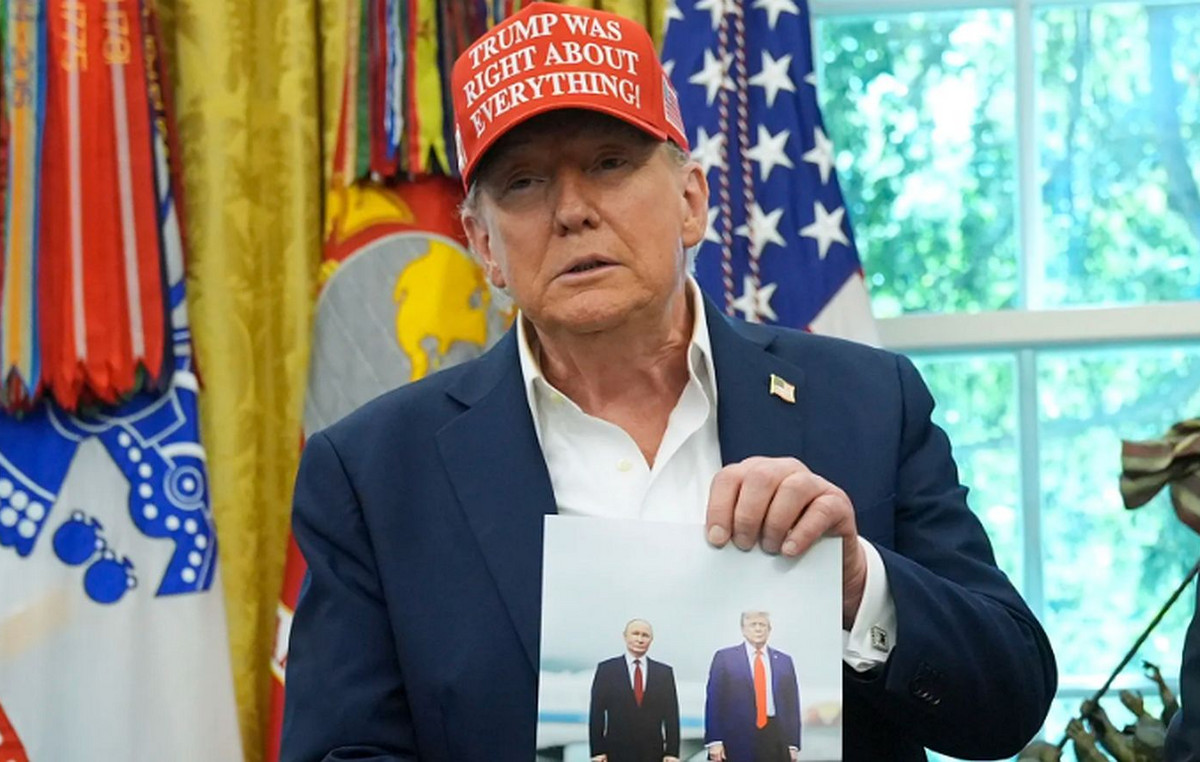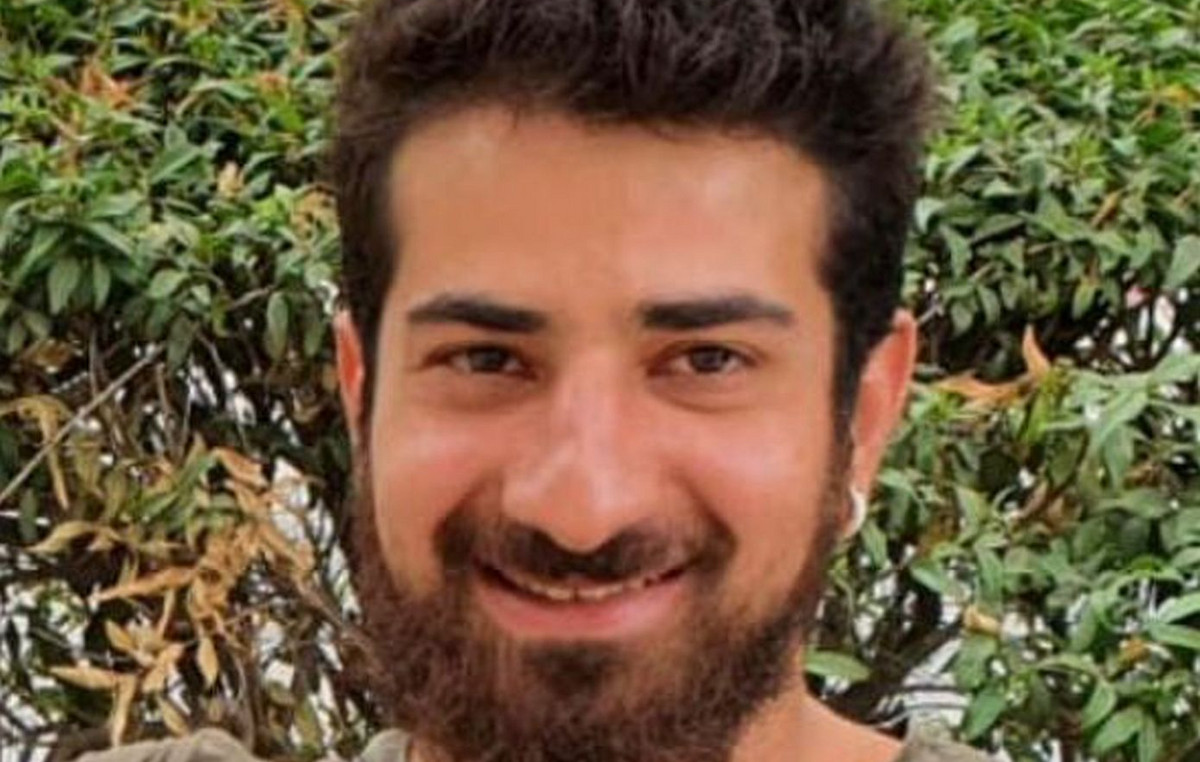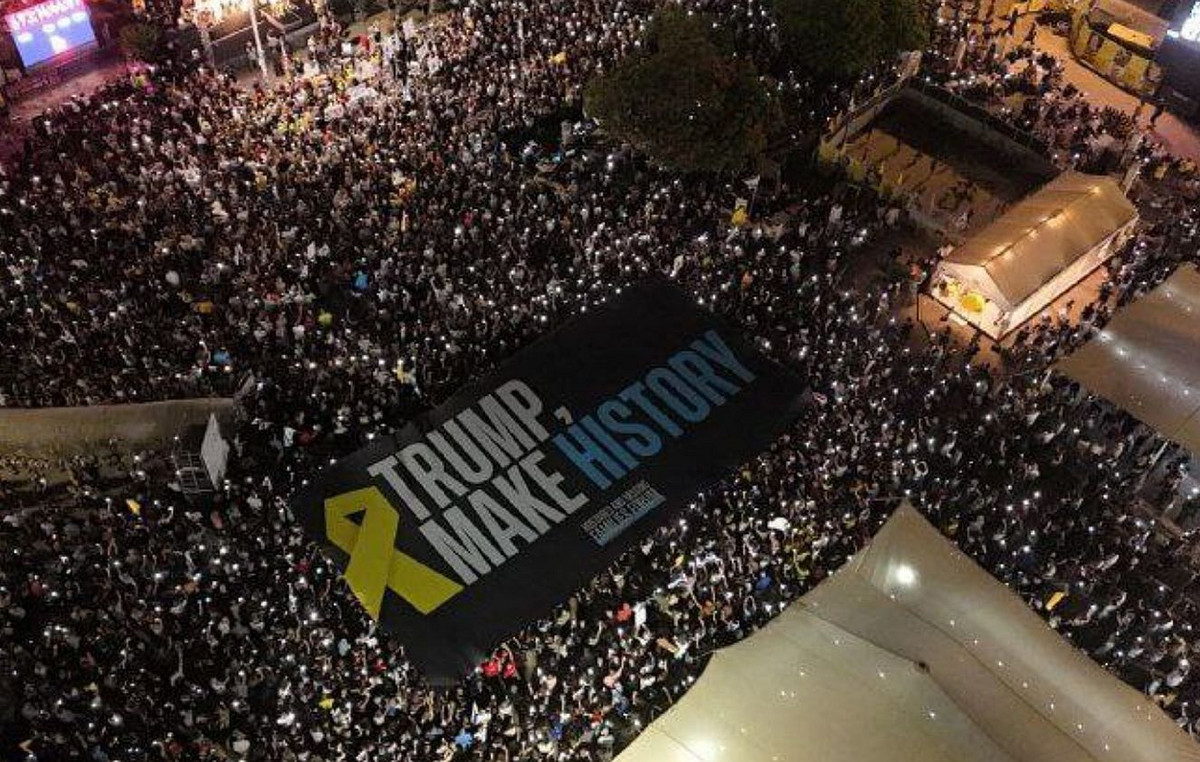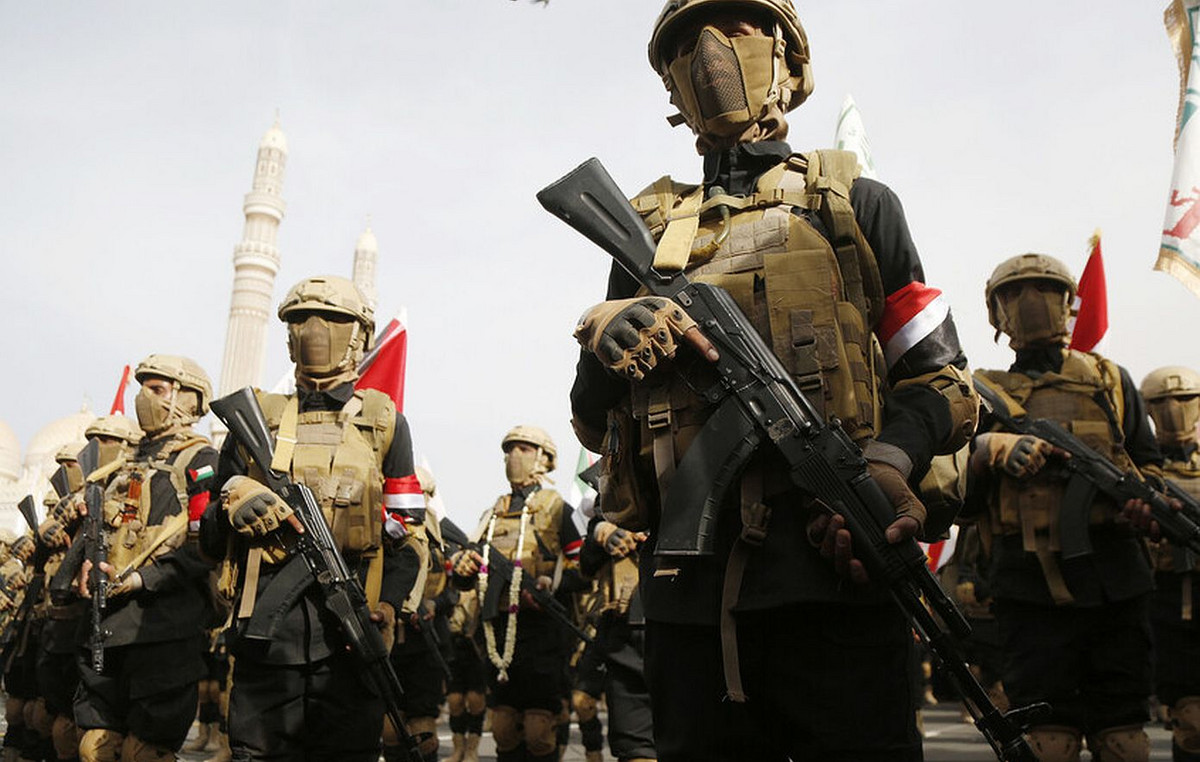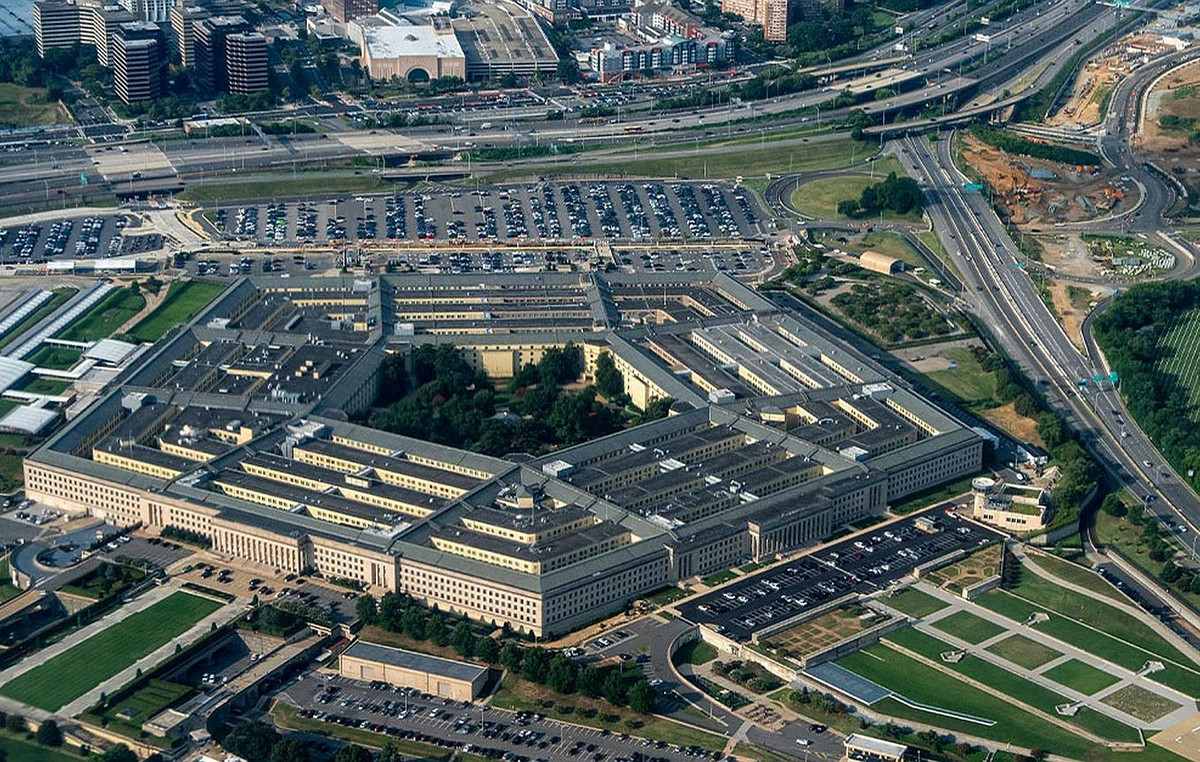THE dollar falls this Tuesday (15) following the exterior amid an easing of tensions between Russia and Ukrainewhile the real is benefiting from a cycle of investments in markets linked to commodities and high interest rates in Brazil.
At around 9:14 am, the US currency was down 0.31% to BRL 5.202. The first-maturity dollar futures contract traded on B3 retreated 0.18%, to R$ 5.205.
On Tuesday, the Russian Defense Ministry said, according to the Interfax news agency, that some troops located near Ukraine are returning to their bases. Foreign Minister Sergei Lavrov suggested that Moscow should continue on a diplomatic path to resolve tensions.
On Monday (14), the dollar dropped 0.44%, to R$5.219 – the lowest value since September 6, 2021. Ibovespa rose 0.29% to 113,899.19 points.
abroad
A possible Russian invasion of Ukraine – with a response from the US and allies – increases risk aversion of investors and leads to the search for the dollar.
However, the scenario still does not overcome the benefits for the real and the Ibovespa of a cycle of investment migration to markets linked to commodities, with Brazil also benefiting from high interest rates, which limits the effects of bets on a policy of high aggressive interest rate Federal Reserve.
The cycle is linked, in part, to expectations of more pro-growth measures in Chinawhile bearish economic pressures persist, hopes are rising for a pick-up in demand for metals, analysts said, leading to higher prices.
In the case of oil, analysts at Goldman Sachs say that Brent oil prices are expected to exceed US$ 100 a barrel this year. According to them, the oil market remains in a “surprisingly large deficit” as the effect of the Omicron variant of coronavirus in demand for the commodity is, so far, lower than expected. In addition, the Ukraine tensions drive prices upalready above US$ 90.
Another factor that weighs on this movement is the expectation of interest rate hikes in United States in March, by 0.5 percentage point, reinforced by inflation data slightly above expectations and a drop in jobless claims released on Thursday.
As a result, foreign investors have left the US stock market and migrated to other visas such as more resilient or cheaper.
Any rise in interest rates in the country, however, may affect investments in Brazilas it makes US Treasury bonds even more attractive to investors, putting negative pressure on the real.
In this sense, the release on Wednesday (16) of the minutes of the last meeting on interest rates in the United States, in February, will be on the radar. With US inflation at a four-decade high, the Fed has been giving markets tougher indications, but it’s unclear how much and how fast the US central bank will tighten, and the minutes may provide more clues.
Brazil
On the domestic agenda, the president of the Central Bank, Roberto Campos Neto, said at an event on Friday (11) that the municipality will use all its tools to bring the country’s inflation back to the target. He estimated that inflation should start to fall after a peak that should occur between April and May.
On Monday, the Focus Bulletin brought an increase in market expectations for inflation in 2022, which rose to 5.5%. The projection for the Selic rate is that it ends the year at 11.75%.
The main fiscal threat on investors’ radar is the so-called Fuels PEC, which would allow the suspension of taxes for these products. Representing a possible lack of expenditure control, the topic has the potential to negatively affect the real and the Ibovespa.
According to projections by the government’s economic team, the loss of revenue could reach R$ 100 billion in the most comprehensive proposal, going from R$ 54 billion in the text currently supported by the Planalto and by R$ 18 billion if the project is limited to the diesel.
Two PECs on the topic have already been filed, one in the Senate and the other in the Chamber. One would involve tax breaks to reduce fuel prices.
THE CNN, the president of the Federal Senate, Rodrigo Pacheco (PSD-MG), stated that the Fuels PEC is not the focus at the moment, since the House will analyze two bills on the subject that should remove elements from the proposal. Voting will take place on Tuesday.
One of the PLs determines a fixed ICMS charge for fuels, with the state tax no longer varying following product price fluctuations. According to a policy analyst at CNN Basilia Rodrigues, the project should initially apply only to diesel.
The other would create a fund to stabilize the price of oil and derivatives (diesel, gasoline and LPG), with a new policy of internal sales prices for distributors.
In this trading session, the Central Bank will auction up to 15,000 traditional foreign exchange swap contracts to roll over the maturity date of April 1, 2022.
Test your knowledge about the Ibovespa
Let’s start with an easy one: what is the Ibovespa?
Who is responsible for calculating the Ibovespa?
What types of assets are eligible to be listed on the Ibovespa?
Which of these is NOT a criterion for a stock to enter the Ibovespa
How many shares are currently in the Ibovespa theoretical portfolio?
How often is the Ibovespa theoretical portfolio reviewed?
What is the most important stock on the Ibovespa?
What is the smallest share on the Ibovespa?
Each Ibovespa point is equivalent to 1 real. This statement is
What is the historical record for closing the Ibovespa?
Try again!
Tip: follow CNN Business to understand more about Ibovespa
Nice job!
You know a lot about the Ibovespa, but you could know a little more
Sensational!
Congratulations! Are you an Ibovespa expert?
*With information from Reuters
Source: CNN Brasil
I am Sophia william, author of World Stock Market. I have a degree in journalism from the University of Missouri and I have worked as a reporter for several news websites. I have a passion for writing and informing people about the latest news and events happening in the world. I strive to be accurate and unbiased in my reporting, and I hope to provide readers with valuable information that they can use to make informed decisions.

